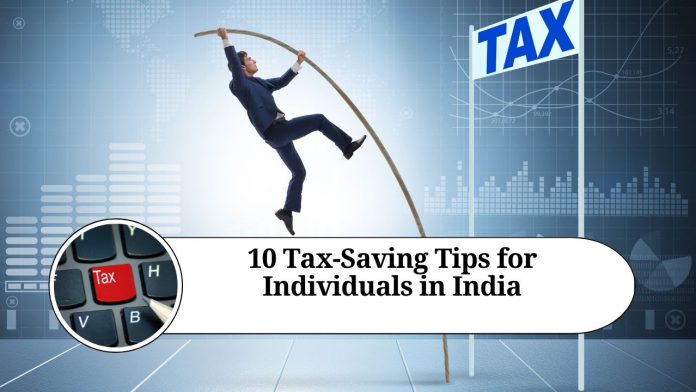Section 10B of the Income Tax Act: An Overview
Section 10B of the Income Tax Act is a relatively new provision that was introduced in 2018. This provision is aimed at providing tax relief to certain categories of taxpayers who have received an amount of money in lieu of their land being acquired by the government or any other authority. In this blog post, we will take a closer look at Section 10B and its provisions.
Understanding Section 10B of the Income Tax Act
Section 10B of the Income Tax Act provides tax relief to those taxpayers who have received an amount of money in lieu of their land being acquired by the government or any other authority. The section states that any amount received as compensation for the acquisition of land by the government or any other authority will not be taxable if certain conditions are met.
Conditions for availing tax relief under Section 10B
To avail of tax relief under Section 10B, the following conditions must be met:
The land must have been used by the taxpayer or his ancestors for agricultural purposes for a period of two years immediately preceding the date of acquisition.
The land must be located in a rural area.
The compensation received must be for the acquisition of the whole or any part of the land.
The compensation received must be in the nature of a one-time lump sum payment.
If all these conditions are met, then the amount received as compensation for the acquisition of land will not be taxable.
Benefits of Section 10B
The introduction of Section 10B has provided significant tax relief to farmers and other taxpayers whose land has been acquired by the government or any other authority. This provision ensures that such taxpayers do not have to pay tax on the compensation received for the acquisition of their land, provided they meet the conditions laid down under Section 10B.
Conclusion
Section 10B of the Income Tax Act is a welcome provision that provides tax relief to certain categories of taxpayers. By exempting the compensation received for the acquisition of land from tax, the government has ensured that farmers and other taxpayers are not burdened with an additional tax liability at a time when they have already lost their land. However, it is important for taxpayers to ensure that they meet all the conditions laid down under Section 10B in order to avail of the tax relief provided under this provision.
Read more useful content:
- section 145 of income tax act
- section 10e of income tax act
- section 9 of the income tax act
- section 94b of income tax act
- section 206aa of income tax act
Frequently Asked Questions (FAQs)
Q: What is Income Tax?
A: Income Tax is a tax levied by the government of India on the income earned by individuals, companies, and other entities. The tax is levied on the total income earned during a financial year, which starts from April 1 and ends on March 31.
Q: Who is liable to pay Income Tax in India?
A: Any individual, Hindu Undivided Family (HUF), firm, company, association of persons (AOP), body of individuals (BOI), local authority, or any other artificial juridical person, is liable to pay Income Tax in India.
Q: What is the due date for filing Income Tax Returns (ITR) in India?
A: The due date for filing Income Tax Returns in India is July 31 of the assessment year for individuals and HUFs who are not required to get their accounts audited. For taxpayers who are required to get their accounts audited, the due date is September 30 of the assessment year.
Q: What is Form 16?
A: Form 16 is a certificate issued by the employer to the employee at the end of the financial year. It contains details of the salary earned by the employee, the tax deducted at source (TDS), and the tax deposited with the government.
Q: What is TDS?
A: TDS stands for Tax Deducted at Source. It is the amount of tax that is deducted by the person making the payment to the recipient of the income. TDS is deducted at the prescribed rates and is deposited with the government.
Q: What is a PAN?
A: PAN stands for Permanent Account Number. It is a 10-digit alphanumeric number that is issued by the Income Tax Department to taxpayers. It is used as an identification number for all financial transactions and is mandatory for filing Income Tax Returns.
Q: What is an Assessment Year?
A: Assessment Year is the year immediately following the financial year for which the Income Tax Return is being filed. For example, if the financial year is 2021-22, the Assessment Year would be 2022-23.
Q: What is a Taxable Income?
A: Taxable Income is the income on which Income Tax is levied after allowing for all deductions and exemptions.
Q: What is an Advance Tax?
A: Advance Tax is the tax paid by a taxpayer in advance, based on the estimated income for the financial year. It is paid in instalments throughout the year and is adjusted against the final tax liability at the time of filing the Income Tax Return.
Q: What is Section 80C?
A: Section 80C of the Income Tax Act provides deductions for investments made in certain specified instruments such as Provident Fund, Public Provident Fund, National Savings Certificate, Life Insurance Premium, Equity Linked Saving Schemes, etc. up to a maximum limit of Rs. 1.5 lakhs.




















